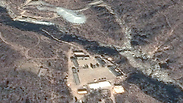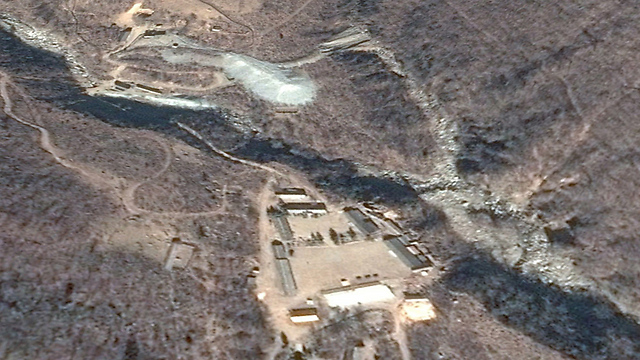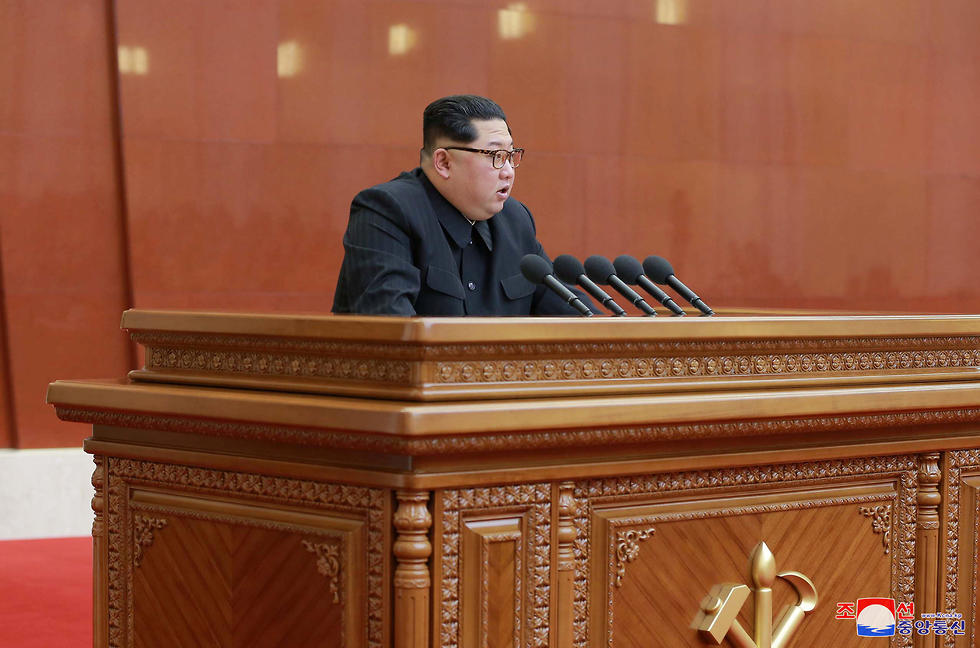
Punggye-ri nuclear test site
North Korean leader Kim Jong Un may have only agreed to denuclearization talks with the United States due to the fact that his nuclear facility is unusable, The Wall Street Journal reported Wednesday, citing two separate groups of Chinese scientists studying the issue.
One of the scientists told the Chinese newspaper, The China Morning Post, that the collapse of the underground Punggye-ri nuclear test site under Mount Mantap in North Korea’s northwest accounts for Kim's surprise announcement.
Wen Lianxing, a geologist from the University of Science and Technology of China who is leading one of the two teams, said the collapse followed a nuclear test on September 3 in which the north detonated its most powerful thermal nuclear warhead.
After the experiment, several earthquakes were registered on the mountain, and satellite images showed landslides in the area. According to estimates of the first tremor, shortly after the explosion, some of the collapse was caused inside the mountain.
Last year, experts estimated that the site was suffering from a geological phenomenon know as the "tired mountain syndrome," which is caused by underground nuclear experiments and affects the rocks in the vicinity of the site, causing them to become more fragile and permeable.
According to Lianxing, the explosion vaporized surrounding rocks and created a large pit inside the mountain that was up to 200 meters in diameter, and which shortly thereafter collapsed upon itself.
A second team of experts, led by Liu Junqing at the Jilin Earthquake Agency with the China Earthquake Administration, drew similar conclusions, adding the collapse may have created a "chimney" that might emit radioactive fallout into the atmosphere.
"It is necessary to continue monitoring possible leaks of radioactive materials caused by the collapse incident," Lianxing's team said in the statement.
The two groups agreed that the collapse of the site "places China and neighboring countries at unprecedented risk of exposure to radioactive radiation." The Wall Street Journal said experts warn that another explosion at the site would cause an "environmental disaster."
Some two weeks after the September 3 test, Pyongyang announced it would no longer conduct land-based nuclear tests. At around that time, unverified reports said that some 200 workers were killed in the collapse.
Then, in December, a North Korean deserter reported that Kim had ordered the execution of Park In Yang, who was the head of the Punggye-ri nuclear test site.


















